
Multidisciplinary Teams
Working across academic boundaries foster creative environmentsI want to attend!Abstract
Anna Wedell and her colleagues have spent the last ten years building a cross-disciplinary center for diagnosis and follow-up of patients with rare inherited diseases, integrating technical, experimental and clinical expertise. The result is a creative environment where multidisciplinary teams focusing on different disease groups collaborate and share data, allowing integration of high-throughput genomics into the diagnostic work-up across vastly different clinical scenarios. New patient groups can now receive correct diagnosis in early disease stages, enabling individualized treatment. This work forms an important proof-of-concept for the emerging field of precision medicine.
The successful adoption of precision medicine in healthcare raises a number of important questions, as it requires fundamentally new ways of working. Clinical-academic partnerships are essential, as well close collaboration between different clinical specialties and sharing of data and resources. We will discuss which factors are critical for success, and hopefully identify additional examples where systems changes have been made possible by establishment of collaborative, multidisciplinary environments.
Explorer
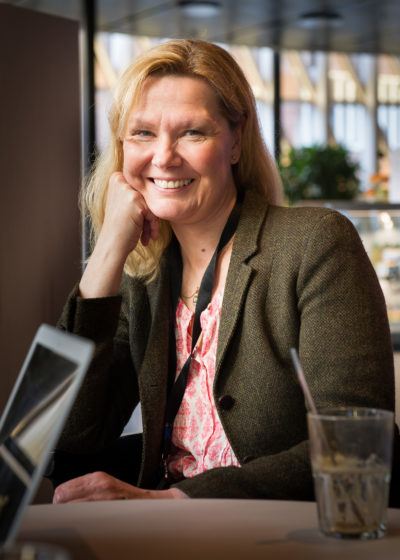
Anna Wedell
Medical Genetics
Karolinska Institutet, Sweden
Anna Wedell, MD, PhD, is Professor at Karolinska Institutet and Head of the Centre for Inherited Metabolic Diseases, Karolinska University Hospital. She was recently appointed Director of the newly established Precision Medicine Center Karolinska, a virtual center aiming to facilitate implementation of Precision Medicine into the clinic. She is also a member of the Nobel Committee for Physiology or Medicine and the Royal Swedish Academy of Sciences.
Co-Explorers
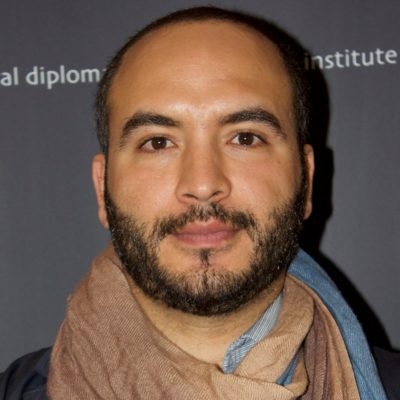
Abdeslam Badre
Social Science
Mohammed V University in Rabat, Morocco
Abdeslam Badre is a policy development expert, and associate professor at Mohammed V University in Rabat. His research seeks to analyze current norms that hamper the progress and livelihood of migrants, women, and youth as social groups; and aims at generating evidence-based recommendations that could inform national and regional policies, providing comparable data across borders on key countries in the Southern Mediterranean Neighborhood. He has worked for a number of international organizations such as Fulbright, Global Young Academy and Next Einstein Forum.
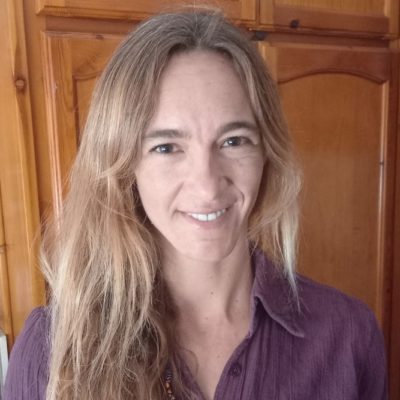
Patricia Esquete Garrote
Oceanography
University of Aveiro, Portugal
Patricia Esquete is an assistant researcher at the University of Aveiro, Portugal, where she studies the biodiversity of various marine and freshwater ecosystems, including tropical rainforests and the deep-sea. She has a broad experience participating in expeditions aiming to explore the deep ocean and has studied and described species new to science at various areas of the world, including the Atlantic, Pacific, Indian and Southern oceans. Currently, she focuses her research in the study of ecological aspects of deep-sea mining and co-leads the Minerals working group of the Deep Ocean Stewardship initiative. Additionally, she is interested in decolonization of knowledge and intersections of knowledge systems.
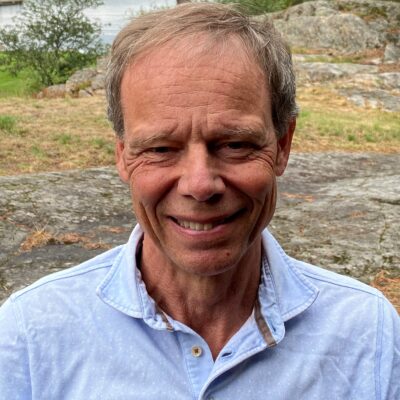
Christer Fuglesang
Particle and Astroparticle Physics
KTH Royal Institute of Technology, Sweden
Christer Fuglesang is professor in Space travel at KTH Royal Institute of Technology since 2017, after have been adjunct professor on secondment from the European Space Agency for four years. He is the director of KTH Space Center, which started in 2014. His research is related to particles in space and lately also a planetary sunshade formed by millions of solar sails. Christer Fuglesang has made two spaceflights, in 2006 and in 2009, to the International Space Station. He became the first Swedish astronaut in space.
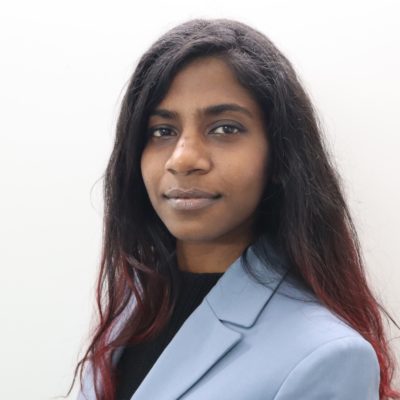
Poorani Gnanasambandan
Nanomaterials
Luxembourg Institute of Science and Technology, Luxembourg
Poorani Gnanasambandan is a PhD student at the University of Luxembourg and works at the Materials Research and Technology Department in Luxembourg Institute of Science and Technology. Her research focuses on investigating high performance transparent conducting materials and designing them to be compatible with solar cells.
She holds an Erasmus Mundus joint master’s degree in Nanoscience and Nanotechnology from KU Leuven, Belgium and Chalmers University of Technology, Sweden. Poorani has also a broad interest in science communication and science comics, and won the MRS 2021 (Materials Research Society) science as art competition with her thin films.
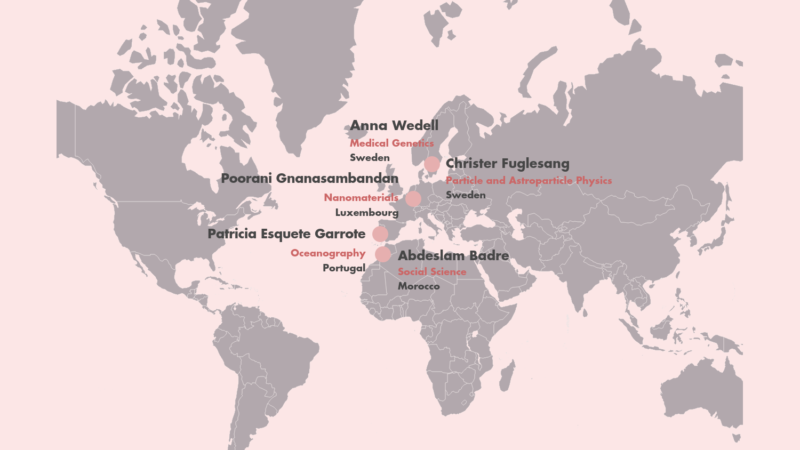
About Stockholm Explorative Talks
Stockholm Explorative Talks is a stage for academic discussions confronting global problems with an interdisciplinary approach, by pairing unlikely academics together. Stockholm Explorative Talks welcomes experts from all over the world for a dialogue best described as dedicated, courageous and surprising. The aim is to gather the world’s brightest brains to examine current issues from new angles, and to find creative solutions to common future challenges.
In 2021, Stockholm Explorative Talks also brings to you a webinar series featuring a diverse group of academics and artists from around the world, from different disciplines for an unusual, interdisciplinary exchange of perspectives pertaining to a range of topical themes. In the course of this transaction of ideas, the webinar series will endeavor to encourage incisive questions, and locate the best ways to explore current issues.
Stockholm Explorative Talks is founded and run by Stockholms Akademiska Forum – 18 universities and the City of Stockholm.
